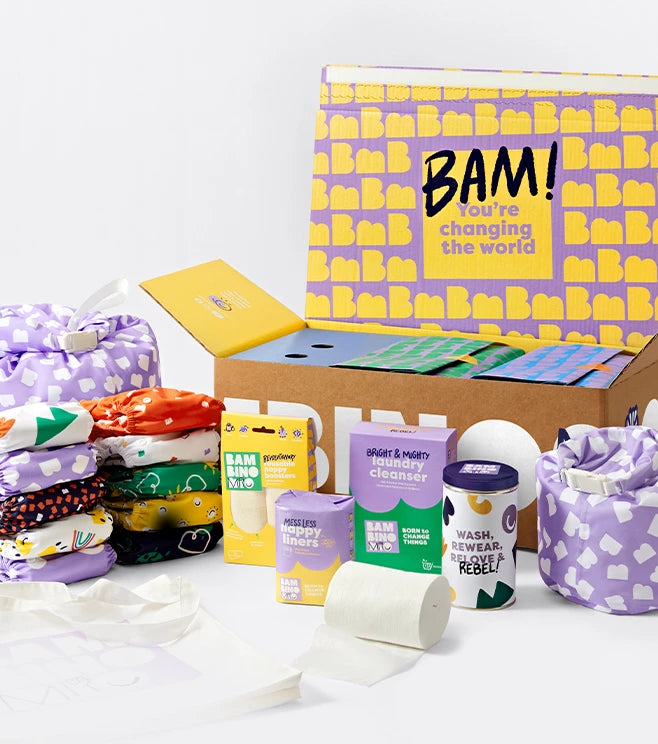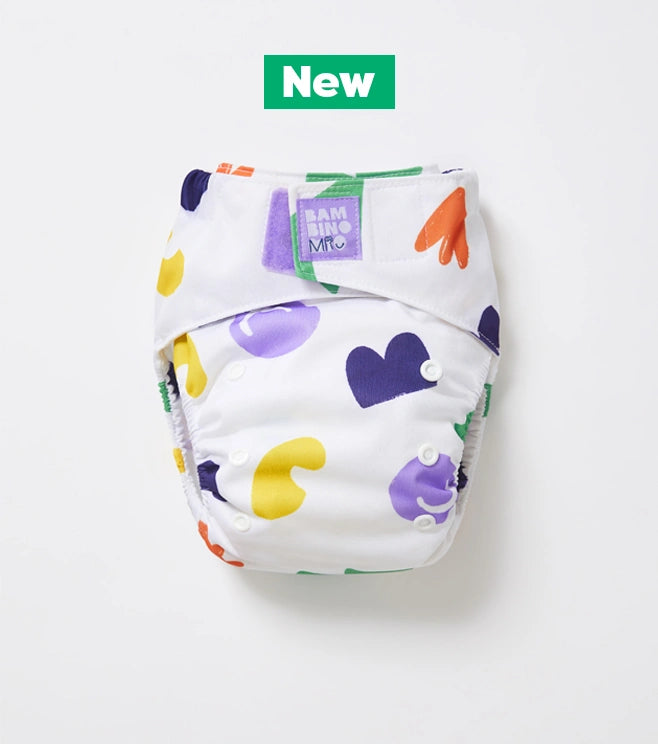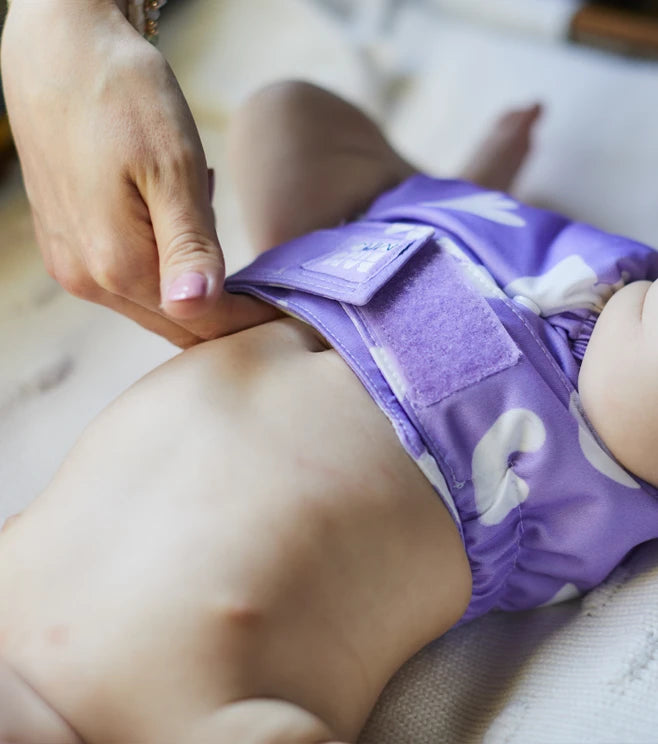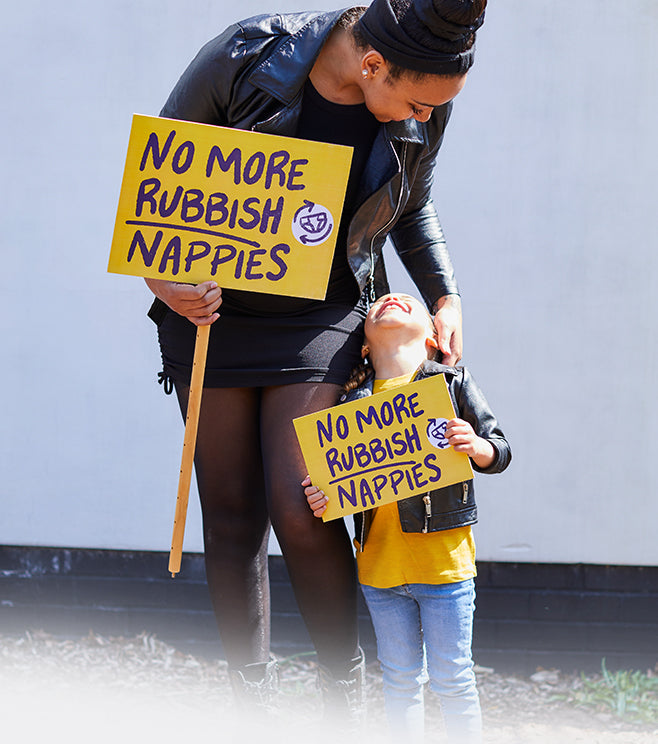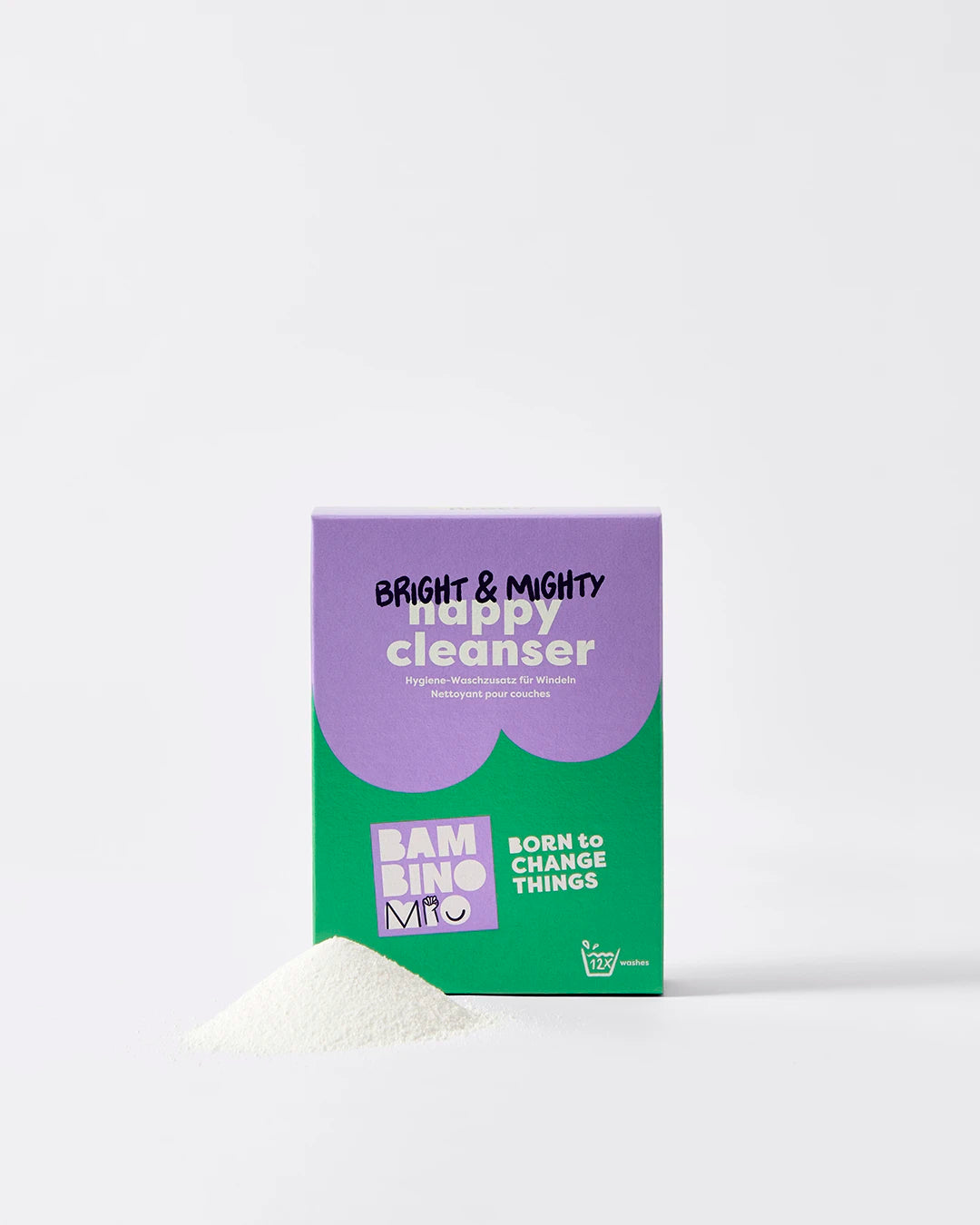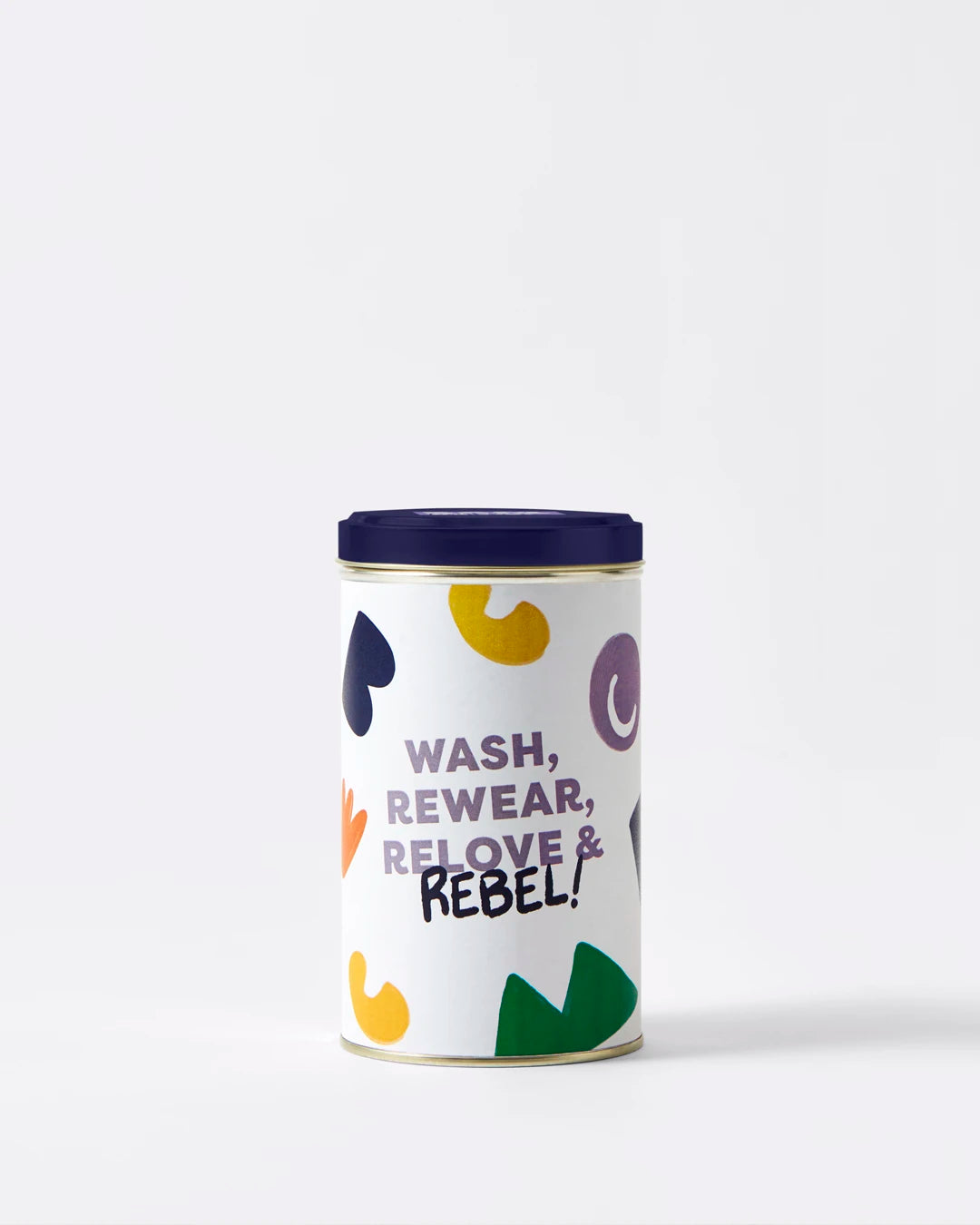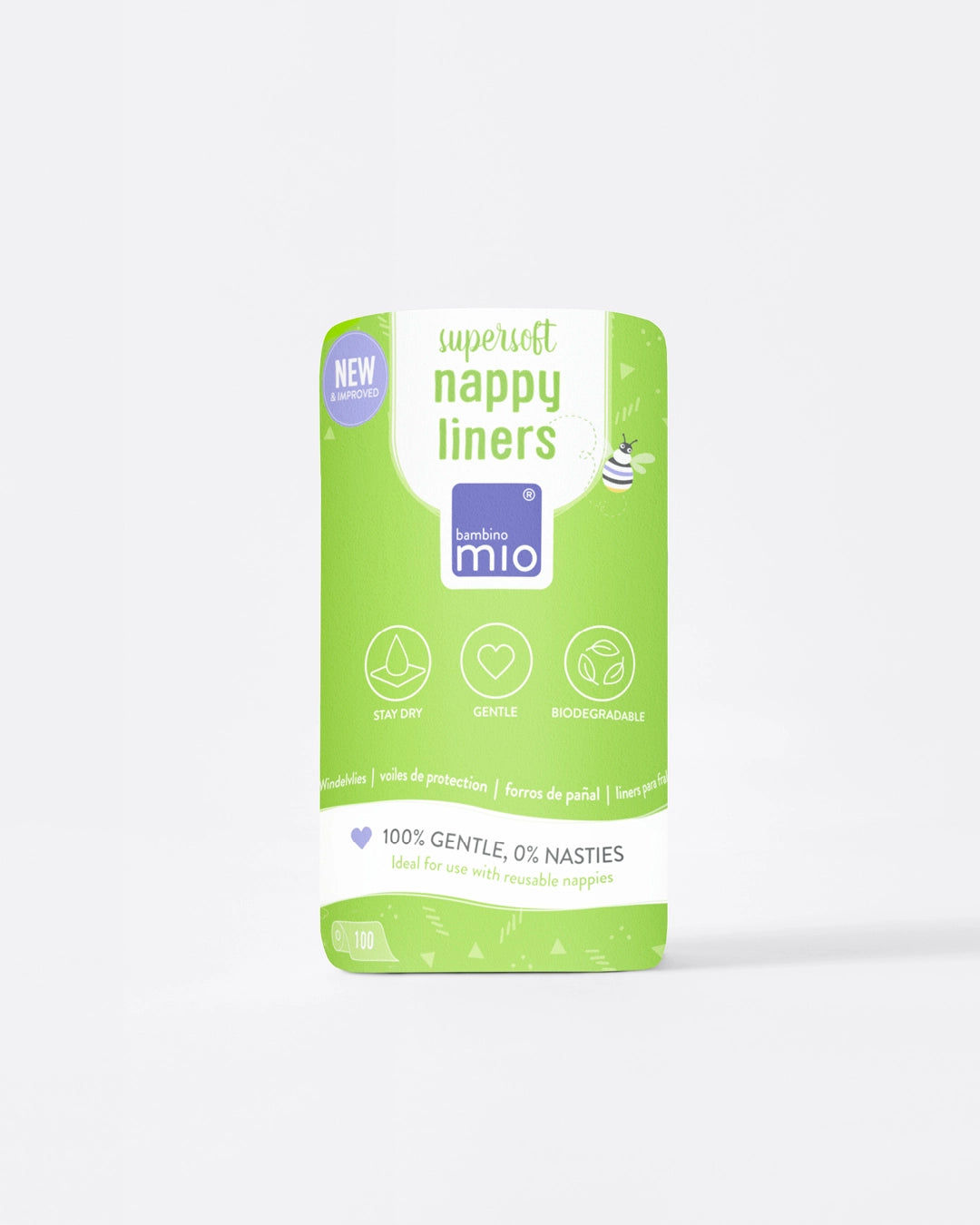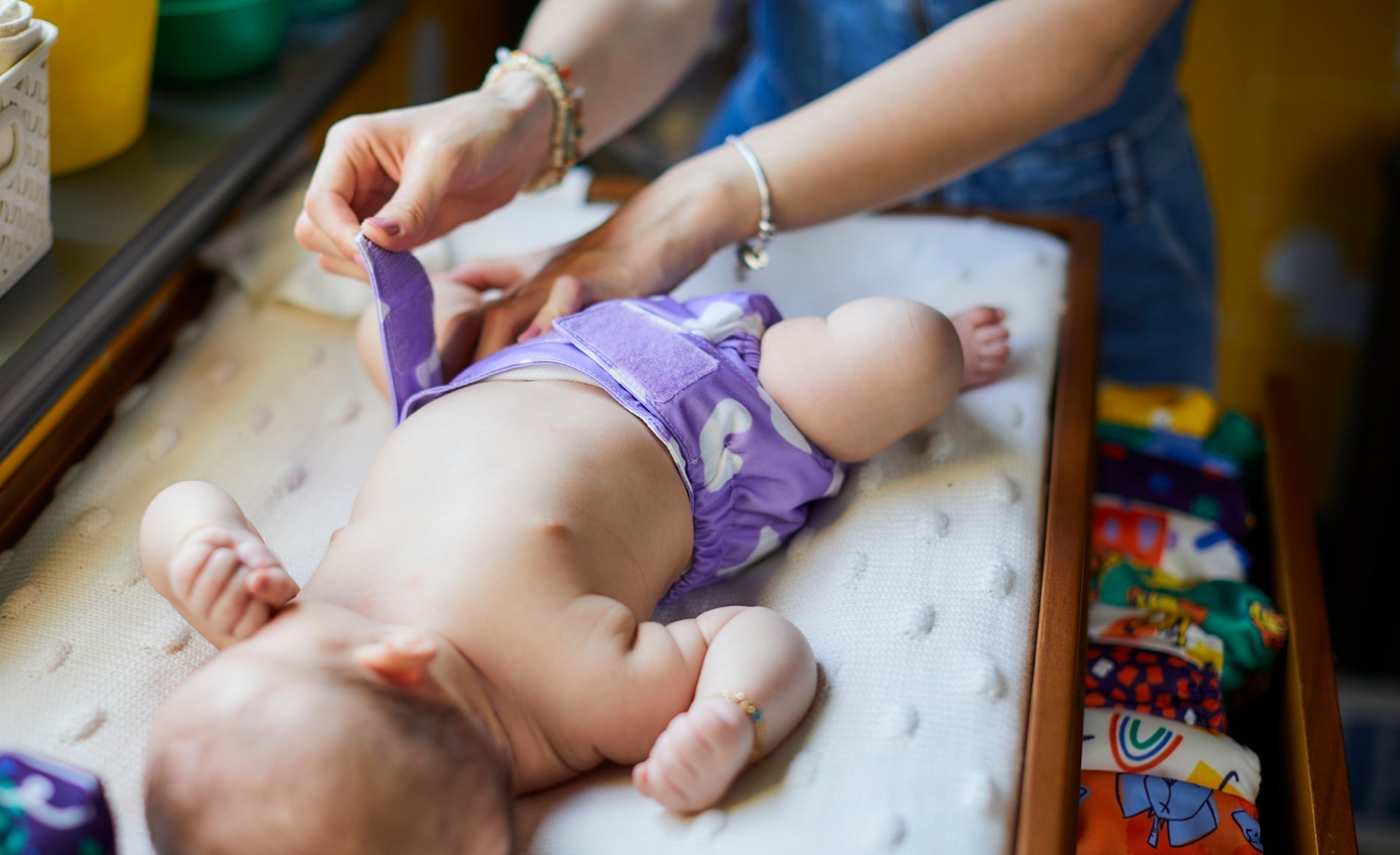Week 1 of Pregnancy | How Big is Your Baby at 1 Week?
Share Options
- Bambino Mio
- 04 / 07 / 2023

Inside this Article:
- Your body is getting ready for a baby
- Your pregnancy at one week
- How you’re feeling at one week pregnant
- Staying healthy at one week of pregnancy
- Look at your diet
- Take folic acid (vitamin B9)
- Make some healthier choices
- Prepare yourself mentally
- Things to think about at one week of pregnancy
- Citations and References
- Pregnancy by Week, What to Expect
If you’re trying to conceive a baby, then your pregnancy journey may well be starting here. There’s no point in asking how big your baby is at one week, though, because they haven’t been created yet!
Your healthcare team counts your pregnancy from the first day of your last menstrual period (LMP) (1), so if you do get pregnant in this cycle, your 40 weeks of pregnancy start around now!
Your body is getting ready for a baby
At one week of pregnancy, you’re not actually pregnant, but your body is preparing itself for growing a baby and you can also prepare yourself and your home for a new life. Making healthy lifestyle choices (2) and talking about having a baby with your partner are good starts.
If you’ve already taken a pregnancy test and it’s positive, then while it might be the first week you’re aware you’re pregnant, you’re actually further along so you should skip ahead to "How Big is Your Baby at Four Weeks?”
Your pregnancy at one week
There’s no baby just yet, but your womb is making itself more hospitable for a pregnancy. During your last period your womb lining (endometrium) shed (3) and took last month’s unfertilised egg with it.
Once your period’s over, your ovaries start to prepare an egg (ovum) for release (ovulation) (4) and your womb lining starts to thicken so that if the egg is fertilised, it has a good environment to settle into and grow into a baby.
How you’re feeling at one week pregnant
Any symptoms you have this week are most likely caused by your period (5) and they might include cramping, bloating, headaches, tiredness, food cravings (usually sugary or chocolatey) and sometimes moodiness and breast tenderness.
Staying healthy at one week of pregnancy
The time before you’re actually pregnant is a great time to get into healthy eating habits, to stop smoking and drinking and to become a bit more active. If you’re already eating well, exercising and you don’t drink (much) or smoke, you’re off to a great start.
If you could improve a few things here and there, here are some things you can do to boost your health so you have a better chance of conceiving and having a smoother pregnancy.
Look at your diet
A healthy and balanced diet (6) gives your body all the nutrients, vitamins and minerals that you need to support your own body and your growing baby. A good diet helps you to stay energised, focused and healthy and means your body gets everything it needs so it can easily share resources with your baby.
Take folic acid (vitamin B9)
Folic acid (7) is the synthetic form of folate - a B vitamin found in foods - which promotes the health and development of your baby, especially during the early stages.
It can be hard to get enough folate from an everyday diet, even a good diet, so doctors recommend that women who plan to get pregnant increase their levels of folate by taking a folic acid supplement for three months before and after they conceive.
A folic acid supplement can help to prevent various congenital defects such as cleft lip and cleft palate, as well as neural tube defects such as spina bifida (8). You can take folic acid on its own or as part of a prenatal vitamin.
Make some healthier choices
Getting your body ready for pregnancy isn’t just about supplements and taking more exercise, it’s about cutting a few things out of your life. The two biggest improvements you can make to your lifestyle are to avoid alcohol and tobacco (or vapes) (9). Habits such as smoking and drinking are linked to low birth weight and foetal alcohol syndrome, as well as other potential health issues.
Prepare yourself mentally
Pregnancy is a huge deal - there’ll be hormonal changes, stress, some anxiety and a lot of physical changes to contend with. It’s important to make sure that you’re in a good place emotionally and physically before the pregnancy starts so that you can cope with it - and, of course, with parenthood.
You need to get enough rest, work out who’s who within your social support network, learn to manage stress (10) and make sure you have a good mindset.
Things to think about at one week of pregnancy
Find out more about healthy eating in pregnancy and make any necessary changes to your diet.
If you’re not already taking a folic acid supplement, start taking one as this vitamin can help your baby to develop properly and reduce the risks of neural tube defects.
If you smoke and drink, take steps to reduce the amounts and then stop completely.
Read as much as you can about pregnancy and talk to friends and family who have children already so you feel more prepared.
Citations and References
(1) American College of Obstetricians and Gynecologists (ACOG). ‘How Long Does Pregnancy Last?’ 2023. Web. www.acog.org/womens-health/experts-and-stories/ask-acog/how-long-does-pregnancy-last
(2) National Health Service (NHS). ‘Keeping Well in Pregnancy. Eating Well in Pregnancy.’ 2023. Web. www.nhs.uk/pregnancy/keeping-well/have-a-healthy-diet
(3) National Health Service (NHS). ‘Periods. Periods and Fertility in the Menstrual Cycle.’ 2023. Web. www.nhs.uk/conditions/periods/fertility-in-the-menstrual-cycle
(4) Healthline. ‘What is Ovulation. What to Know About Your Menstrual Cycle. 2022. Web. www.healthline.com/health/womens-health/what-is-ovulation
(5) National Health Service (NHS). ‘Health A to Z. PMS (Premenstrual Syndrome).’ 2021. Web. www.nhs.uk/conditions/pre-menstrual-syndrome
(6) National Health Service (NHS). ‘Keeping Well in Pregnancy. Eating Well in Pregnancy.’ 2023. Web. www.nhs.uk/pregnancy/keeping-well/have-a-healthy-diet
(7) National Health Service (NHS). ‘Folic Acid. Pregnancy, Breastfeeding and Fertility While Taking Folic Acid.’ 2022. Web. www.nhs.uk/medicines/folic-acid/pregnancy-breastfeeding-and-fertility-while-taking-folic-acid
(8) National Health Service (NHS). ‘Health A to Z. Spina Bifida.’ 2020. Web. www.nhs.uk/conditions/spina-bifida
(9) National Health Service (NHS). ‘Better Health. Start for Life. Smoking and Alcohol During Pregnancy.’ Web. www.nhs.uk/start-for-life/pregnancy/smoking-and-alcohol-during-pregnancy
(10) National Health Service (NHS). ‘Better Health. Start for Life. Mental Health and Pregnancy.’ Web. www.nhs.uk/start-for-life/pregnancy/mental-health-and-pregnancy
Pregnancy by Week, What to Expect


